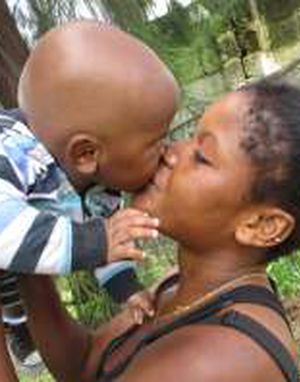
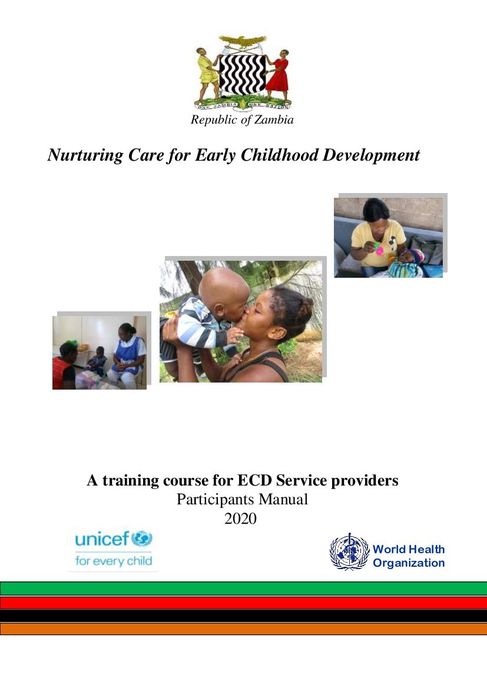
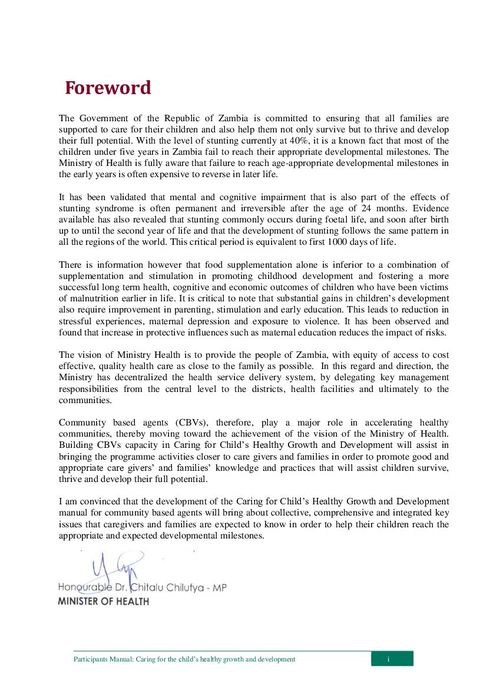
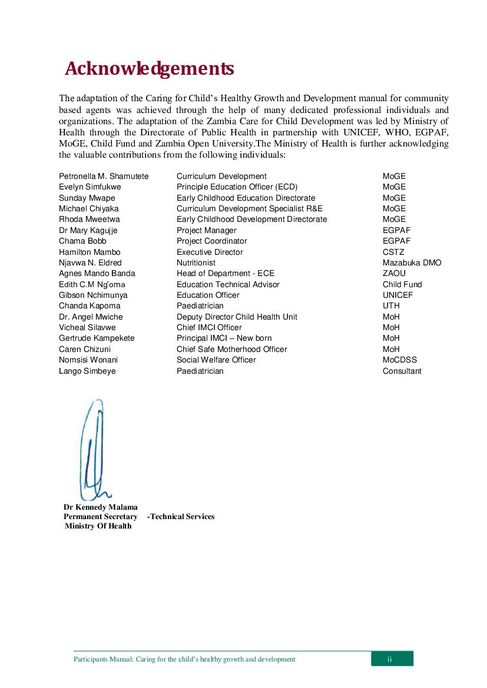
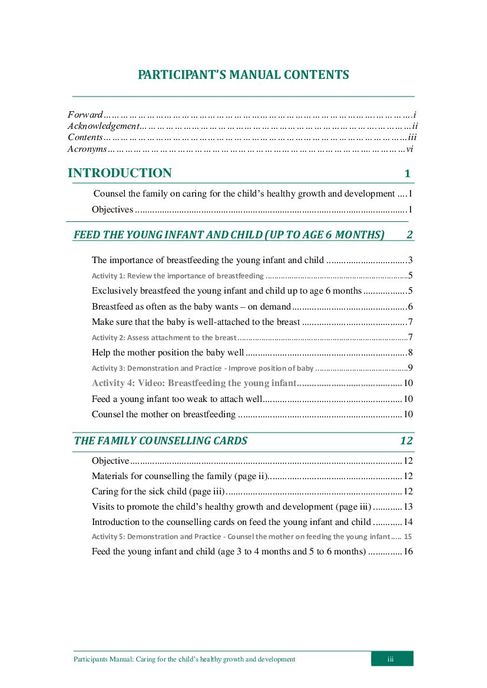
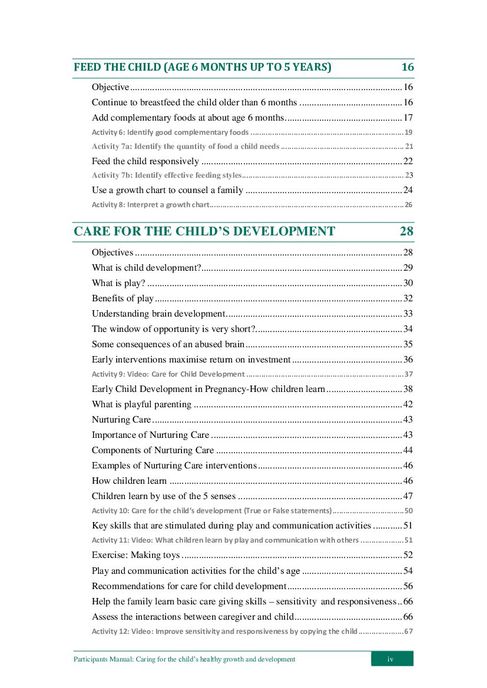
You must be a member of the ForChildren.com community to download resources. Click the buttons below to sign in or sign up!
| Category | Physical Development > Health |
| Copyright Owner | Ministry of Health - Zambia |
| Author | Ministry of Health Zambia |
The survival of children through their early years depends on the adults who care for them.
Children need to eat well in order to grow, be healthy and strong. They need protection from illness and injury as they explore the world around them. When they are sick, they need good medical care. Adults must meet many needs of a growing child.
Children also need adults who give them love, affection, and appreciation. They need adults who spend time playing and communicating with them. Adults help children from birth to learn the skills that will make it possible for them, too, to become competent, happy, and caring adults.
Community based agents and implementers support the efforts of families and other caregivers as they raise their children. Their support can be critical to the child’s healthy growth and development, especially when caregivers also face poverty, isolation, chronic illness, and other difficult conditions.
At the end of this course, participants will be able to counsel families to:
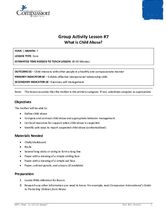
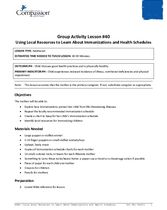
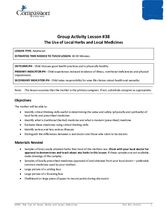
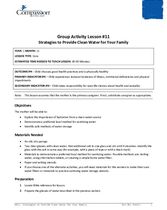
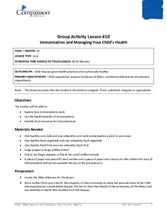
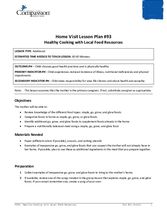
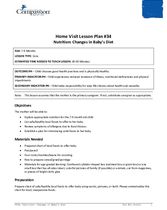
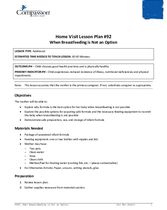
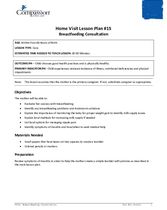
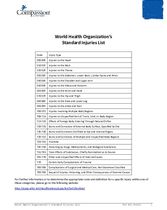
ForChildren.com, presented by Compassion International, offers ideas, learning opportunities and relationships to help equip people who work with children-at-risk. We are a worldwide community of Jesus-followers who are committed to the holistic development of children. We invite you to join us as a collaborative community to share with one another the ideas, experiences, methods and tools that help children thrive even in the midst of adversity.
ForChildren.com is presented by Compassion International, a registered 501(c)3 non profit organization. All resources, courses, and discussions are intended for educational use only, not for profit.